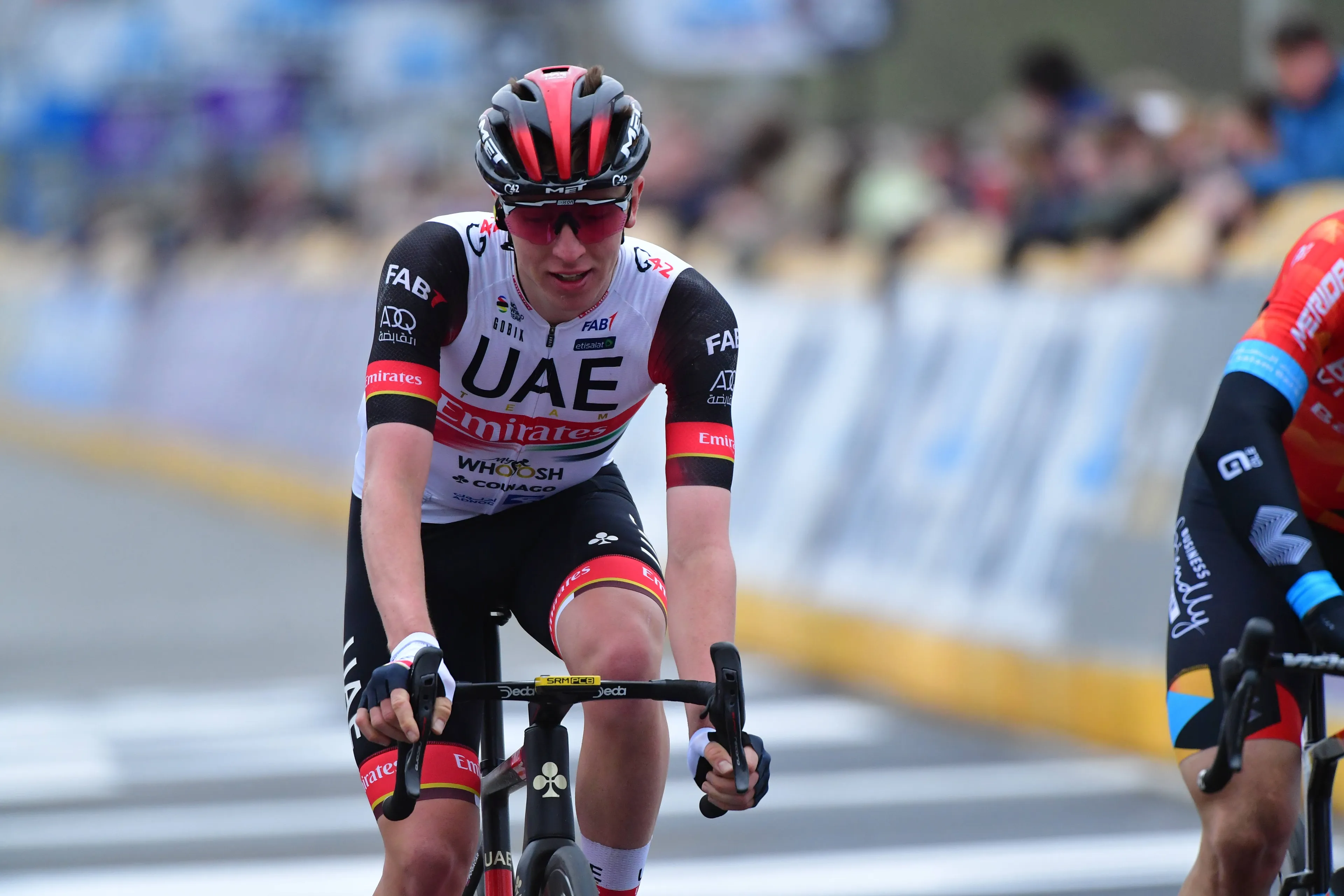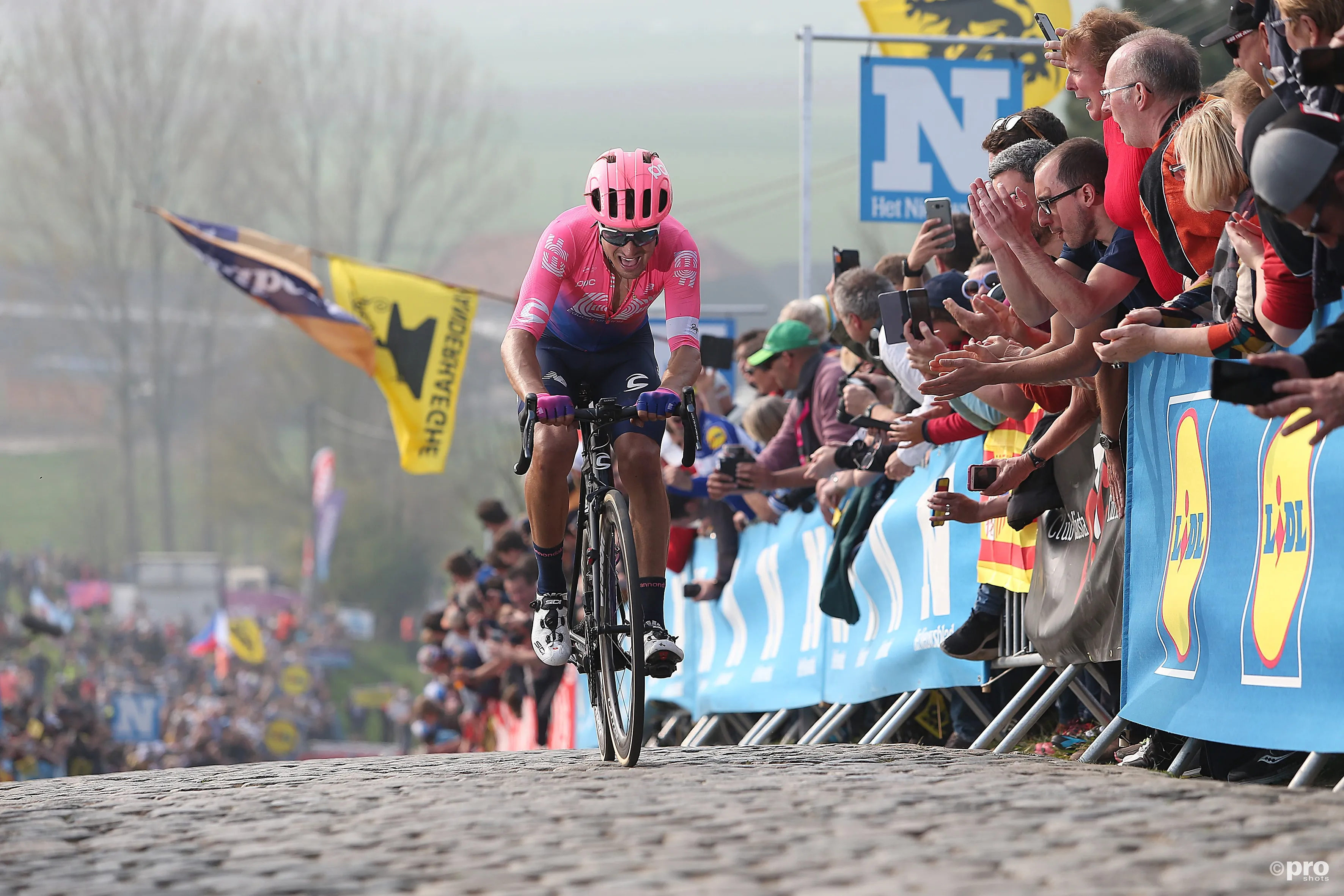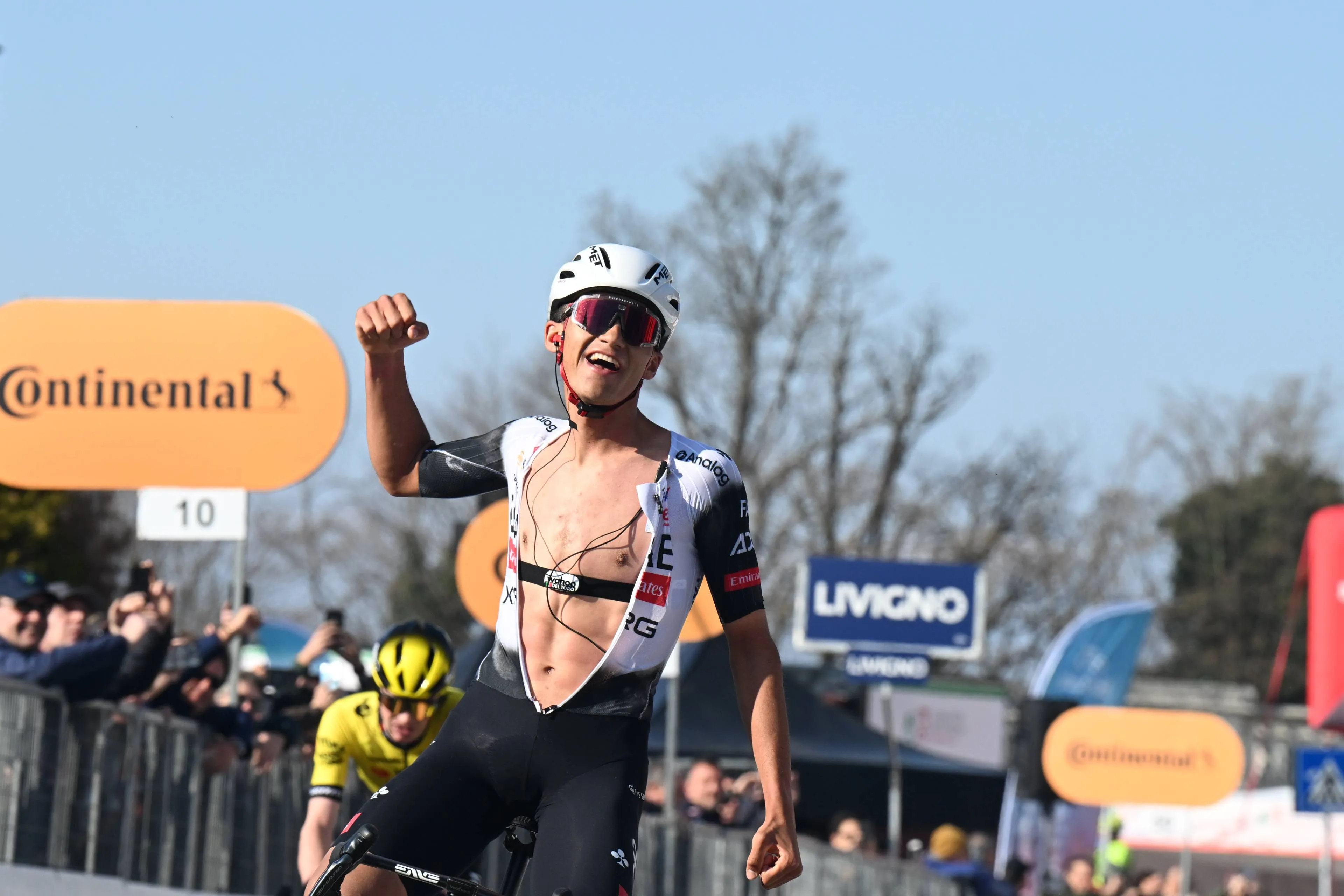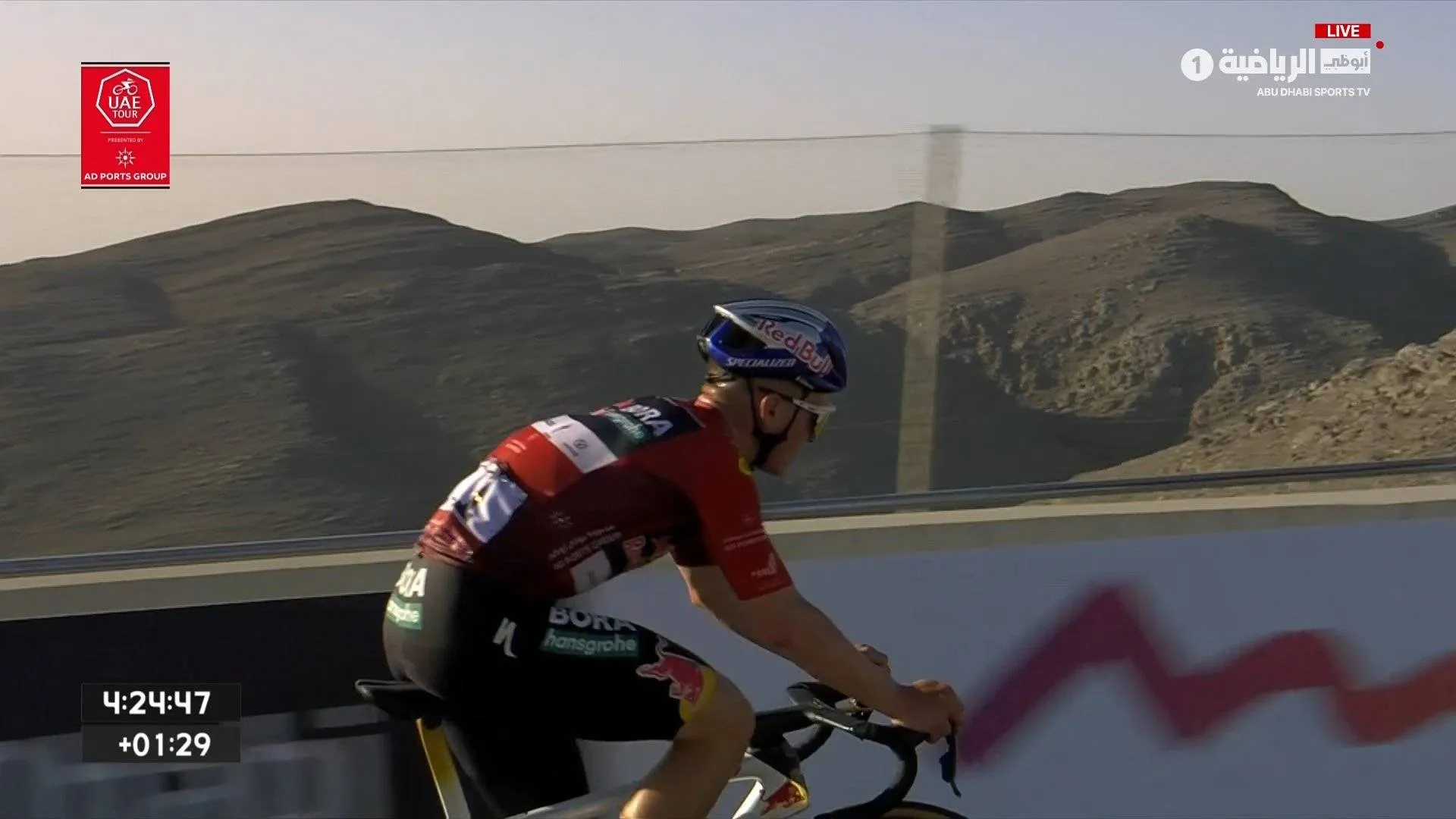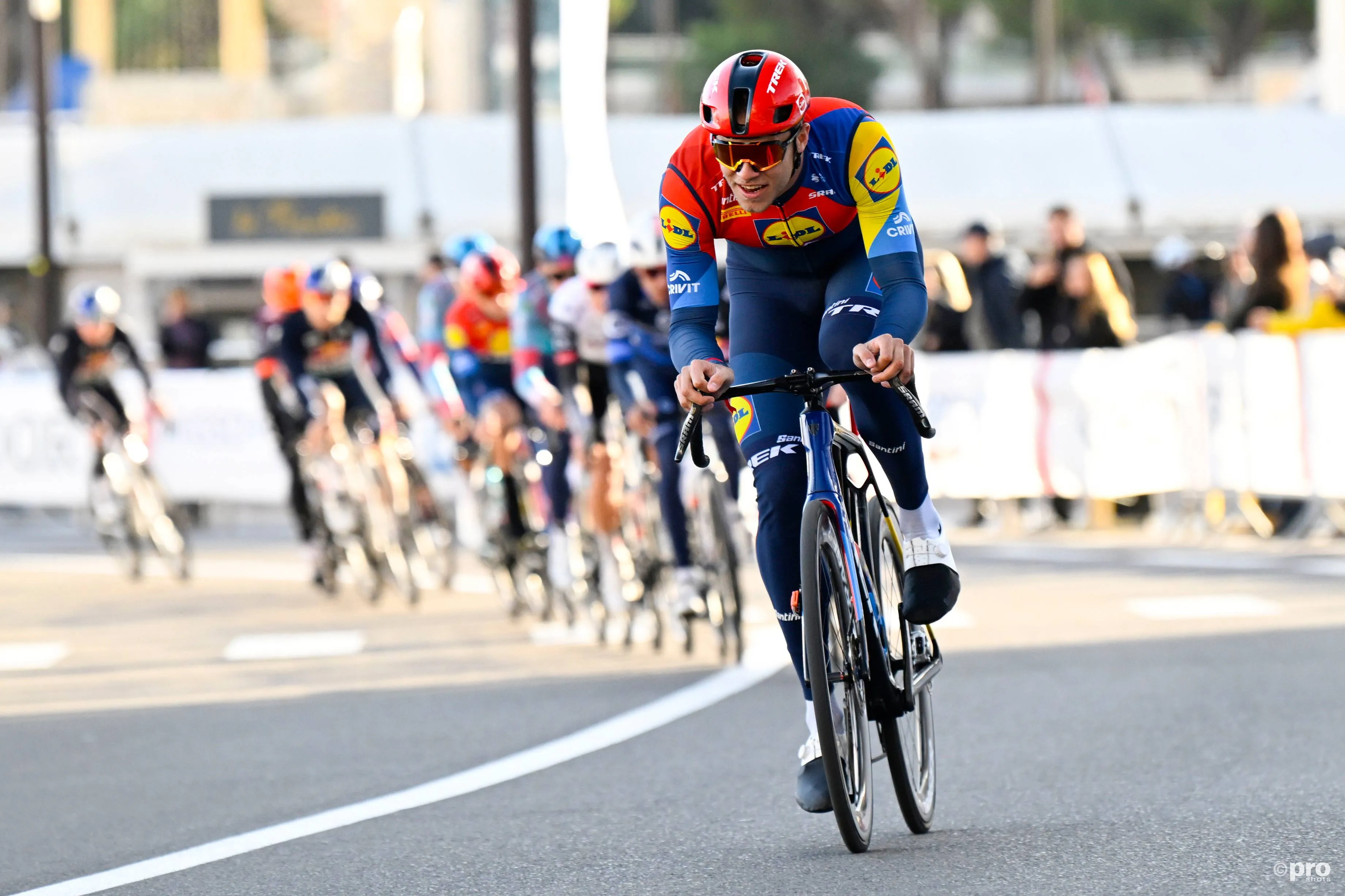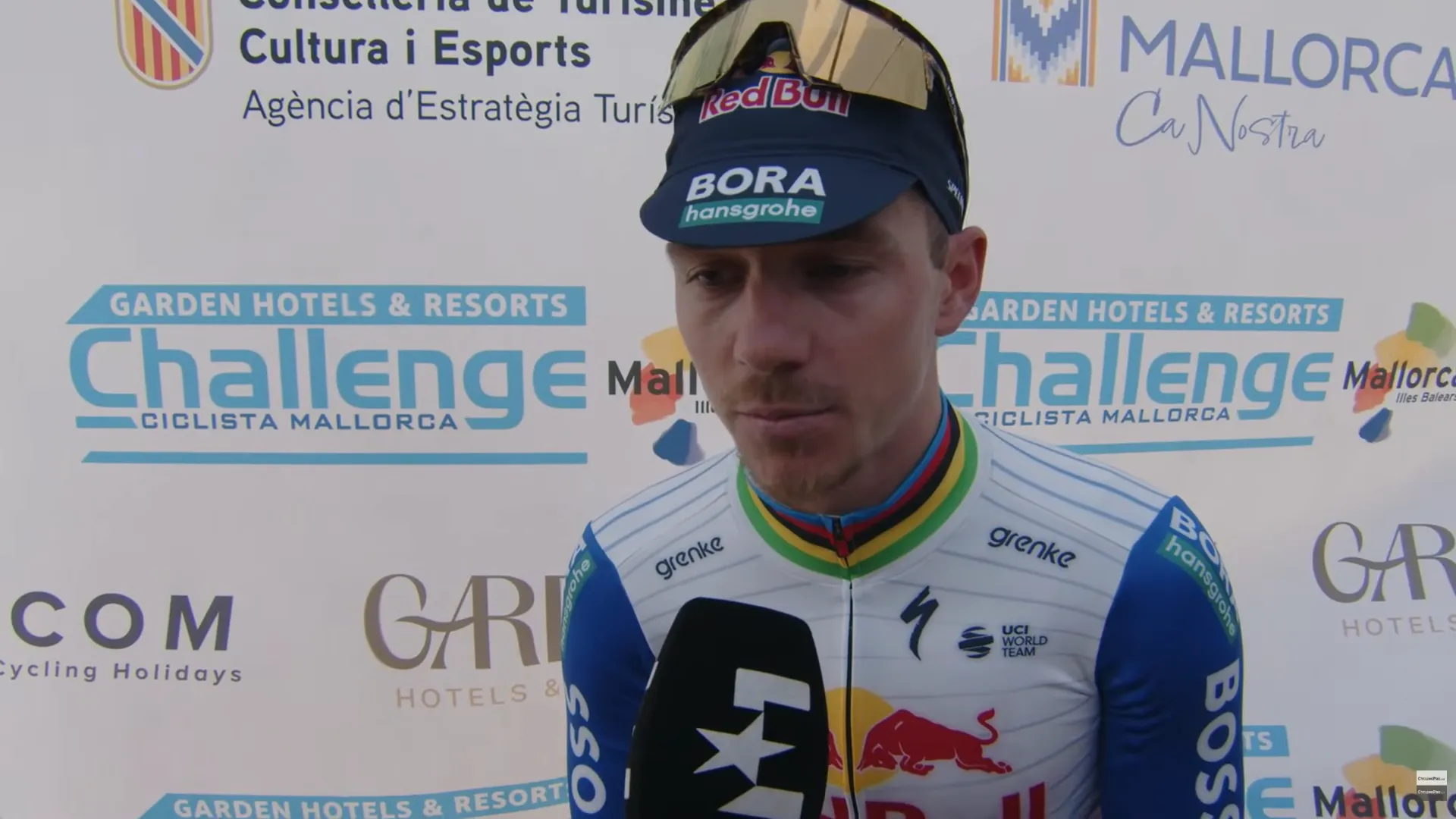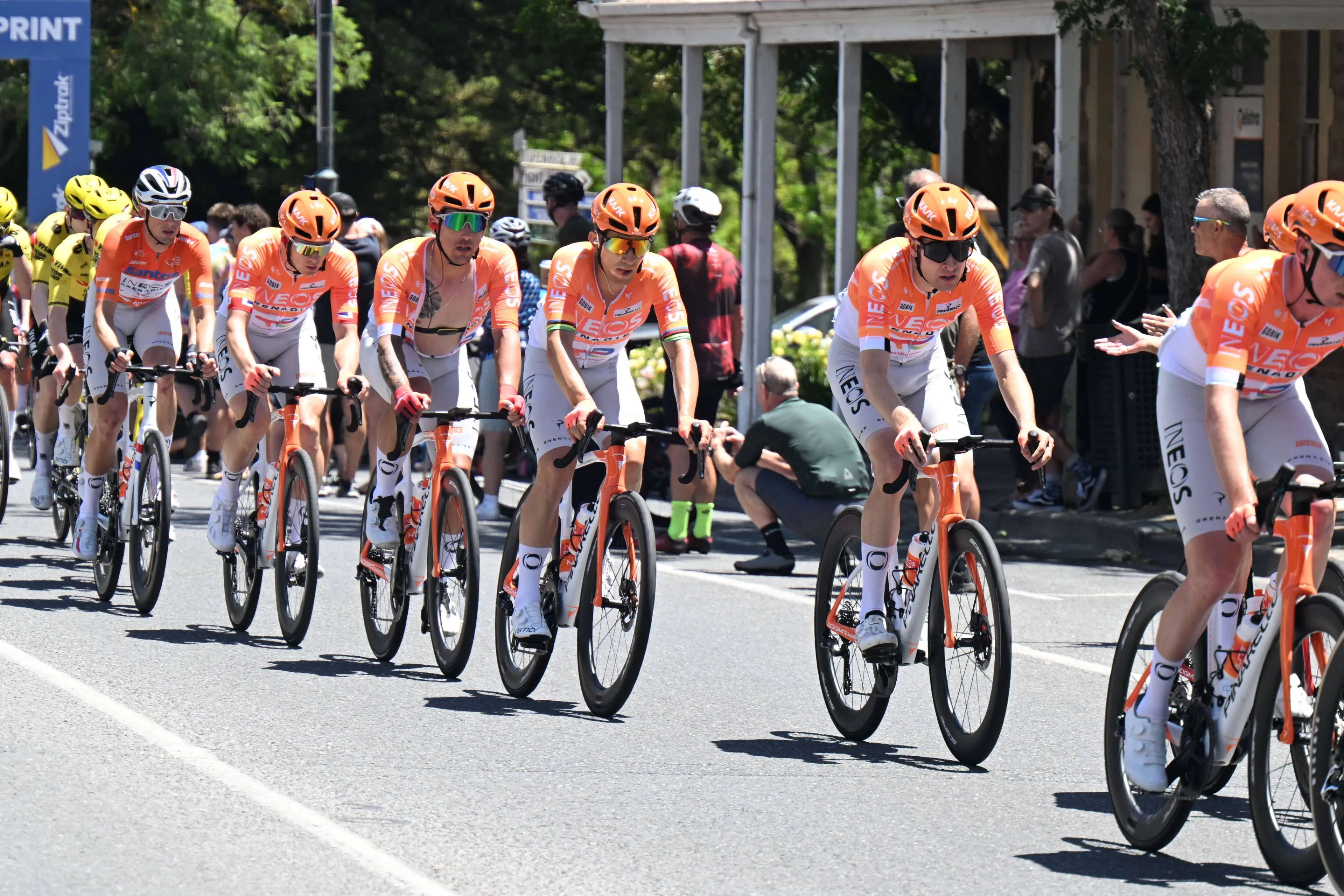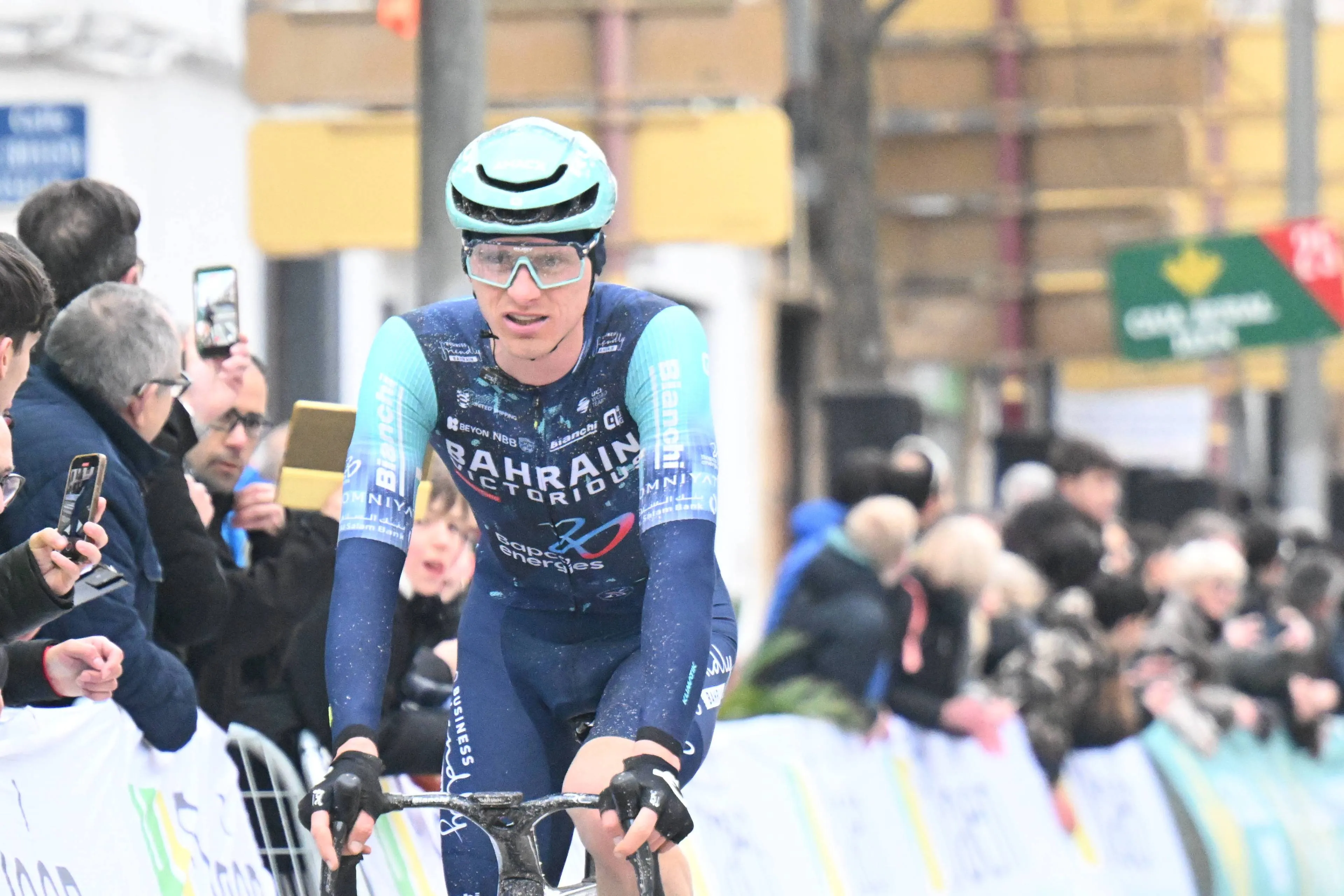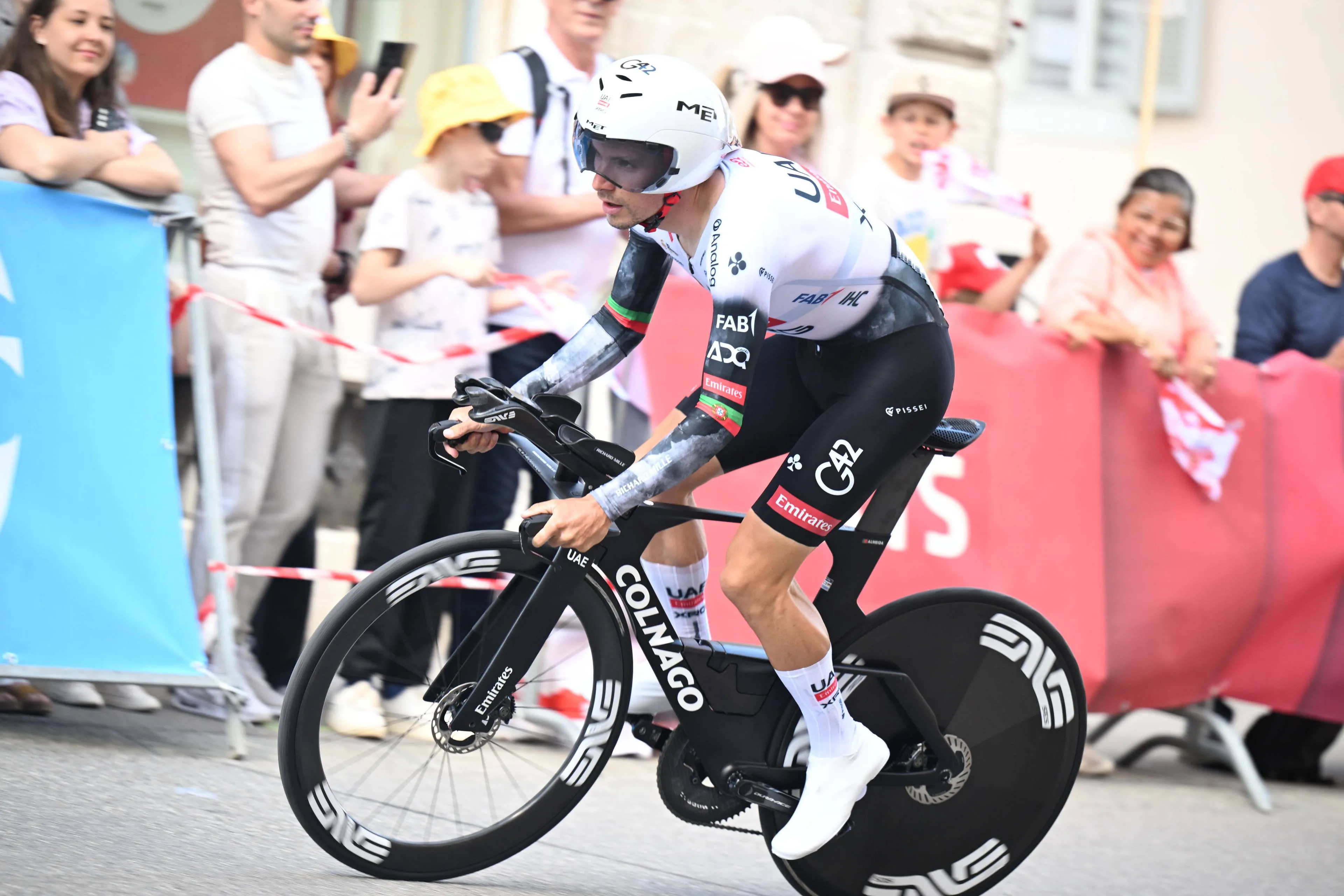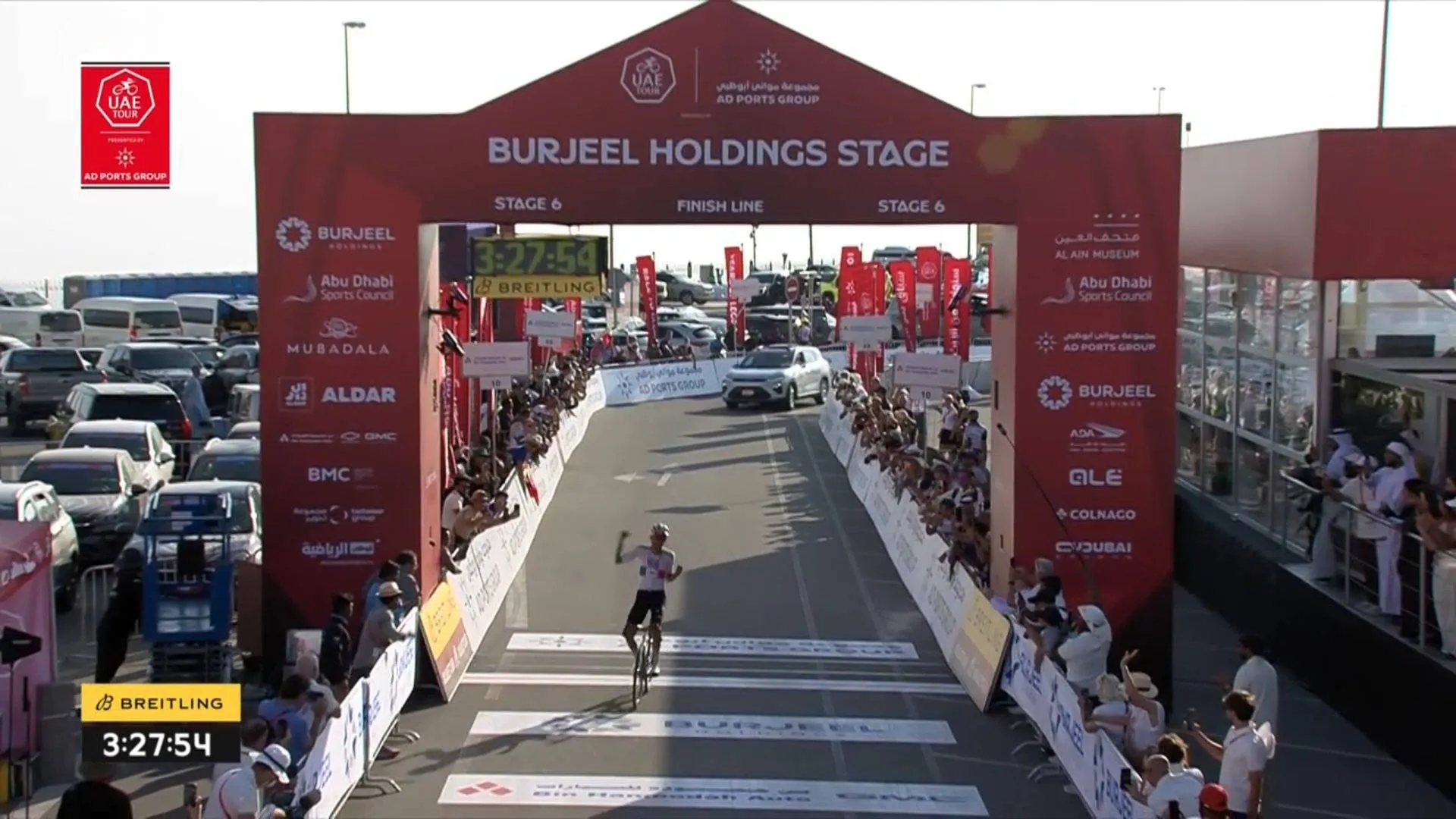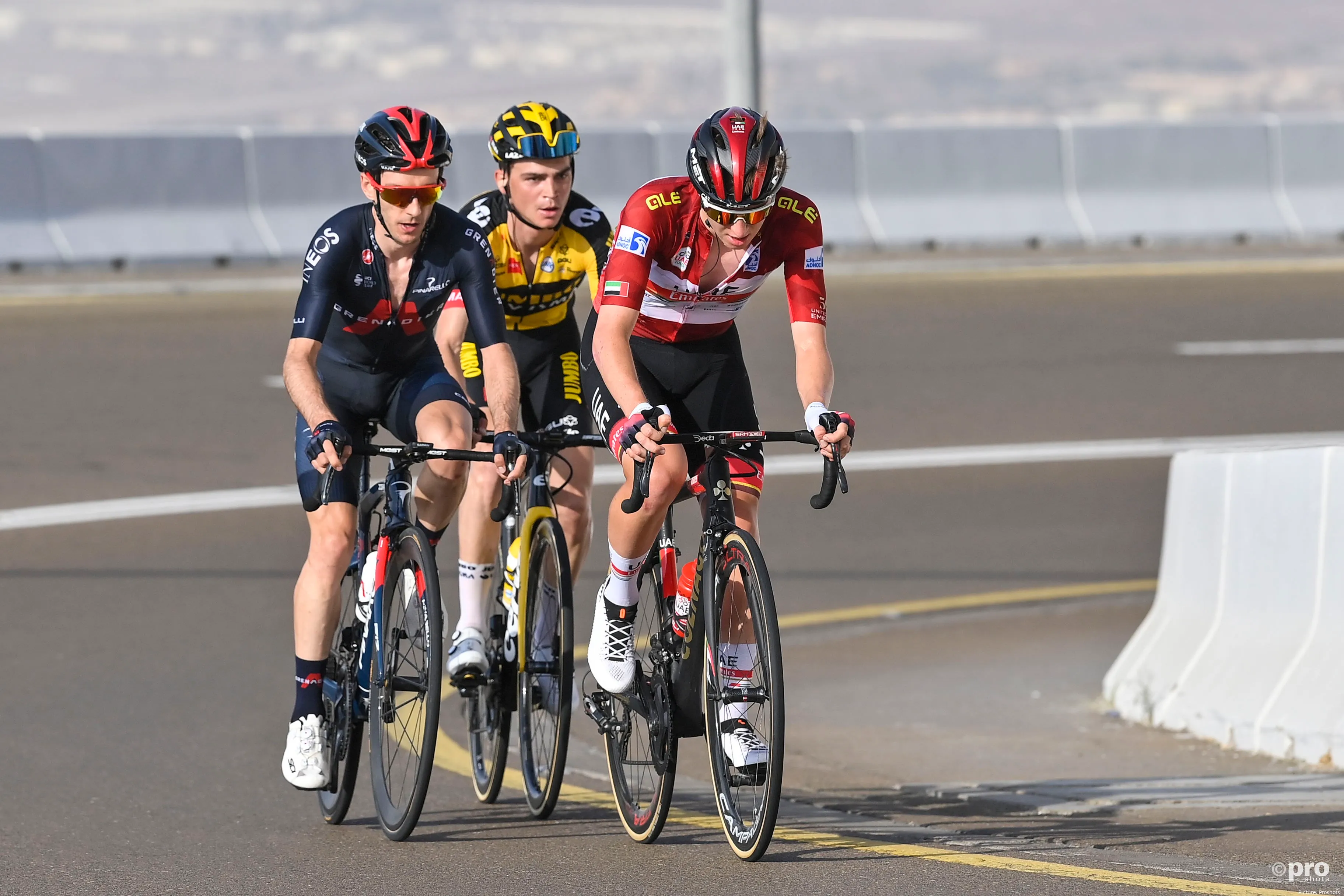
Former Tour de France winner ten years ago Bradley Wiggins has talked about the rise of Tadej Pogacar and how the style of racing in the peloton has changed in the last decade. The Briton told on Eurosport that the aggressive style of racing currently in the peloton would've put him under difficulties if he had faced it.
“It’d be very, very difficult. I think I might have struggled actually. He’s a great time trialist. He would have out-climbed me. He’s got that youthful exuberance where there’s a naivety around him, where he doesn’t quite realise in some ways what he’s achieving. Although he does - there is a contradiction in that because he’s willing to take risks. He’s willing to attack far from the finish," Wiggins said.
Read also
“By the time I won the Tour de France, I’d lost all that. I was becoming an old gear and I had to be very calculated. I did measure my efforts and we raced in a way with Sky that rode to my powers and my strength which was time-trialling and riding threshold. And I think had we done that Pogacar would have attacked over the top and made it very difficult for us. So it would have been very, very difficult to challenge him," he added.
Wiggins went on to say: “I think the only thing we could have done which Dave [Brailsford] probably would have done - and I’m surprised he hasn’t done - is throw a load of money at him, buy him and send him to the Giro.”
Read also
The former Tour de France winner also added that he doesn't think he would thrive the same way in the peloton nowadays in comparison to the kind of racing he faced: "My first Giro d’Italia in 2003 I raced with Cipollini, who was world champion at this time. Marco Pantani raced that Giro. We used to ride from kilometre zero really slowly and just get faster, faster, faster all day, and I used to like that calibration. That was a school of education I came from. So the way how it lends itself to more crashes or appears to lend itself to more crashes, more unpredictability, everyone feels that they have a chance of winning - I think it changes the way that riders train in the sport, the way teams race together."
He concluded: “And the competitiveness week after week - riders want to notch up victories because contracts are scarce at the end of the year and there’s a lot more pressure on riders to get results because results equal contracts in this day and age.”
claps 0visitors 0
Just in
Popular news
Latest comments
- an episode of acute climbitis, maybe?.
 maria2024202422-02-2026
maria2024202422-02-2026 - Common Gilbert, stop the BS... Remco is the king of excuses. Just think back a year or two... everyone was mocking him, even his own cousin. Where was his peak last year at the WC...at the EC...at Lombardija...at the Tour de France? He was actually in form because his TT's were great, and he was strong, but what happened on the climbs? NOTHING!!! And what will happen this year? NOTHING!!! Is that why the foolish bosses at Red Bull spent all that money...for a good TT cyclist and nothing else? Don't insult my intelligence.Mou-Cro-HR22-02-2026
- Common mij, stop the BS... Remco is the king of excuses. Just think back a year or two... everyone was mocking him, even his own cousin.Mou-Cro-HR22-02-2026
- I have a message for the French and Mexicans. In the next 10 years, you will experience the most beautiful era in the history of your countries in terms of cycling.... Sexais and Del Toro. The Spaniards will also recover from damages caused by Mas, Rodriguez and Landa. PS: The Belgians can switch to bobsleigh or curling as a national sport. Remco can change to skeleton... he's very aerodynamic.🤣🤣🤣Mou-Cro-HR22-02-2026
- After long a research I finally found out the reason for Remco's terrible performance in the Emirates. Roglic and Lipowitz are to blame because they didn't want to help in this race, but looked after their own asses which is unacceptable for Remco... the GOAT of excuses.Mou-Cro-HR22-02-2026
- I can't understand Remco. For a supposed Tour contender, his climbing is beyond bad. He couldn't keep up with a bunch of guys I've never heard of. He's either sand bagging or he just can't climb steep gradients. He's climbed well in the past, it doesn't make sense to me. I think he's foxing..he's not as bad as he's shown at this race. I'm not a Remco fan or hater but can see he really wants to be the best. Maybe he's confusing confidence with competence.Santiago22-02-2026
- Too much time spent on TT optimisation, but not climbing is my suspicion.
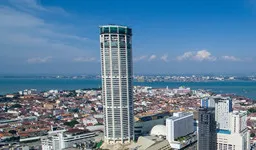 KerisVroom22-02-2026
KerisVroom22-02-2026 - you’re paying a rider multi millions, you find money to pay someone to escort him. not for the entire team, but how much money did Ineos lose by not having a top tier Egan? the lost revenue from losing your top rider more than offsets the $100 or so it would take per ride.mij22-02-2026
- he was a bit ill, but it’s not an excuse. then why say it???mij22-02-2026
- Tadej comes back to sweep the italian classics including Lombardia. you can barely blame a guy for not being at his best post TdF crushing of his opponents.mij22-02-2026
Loading
Write a comment
